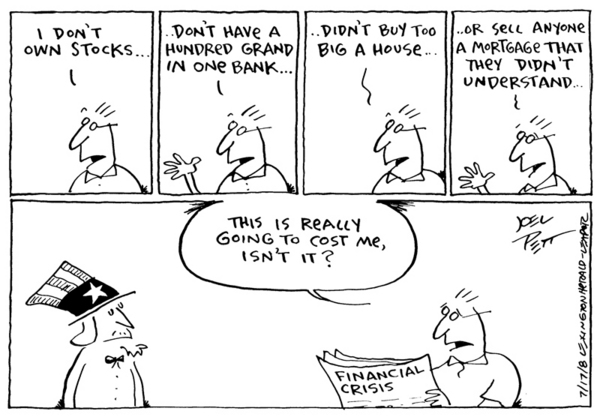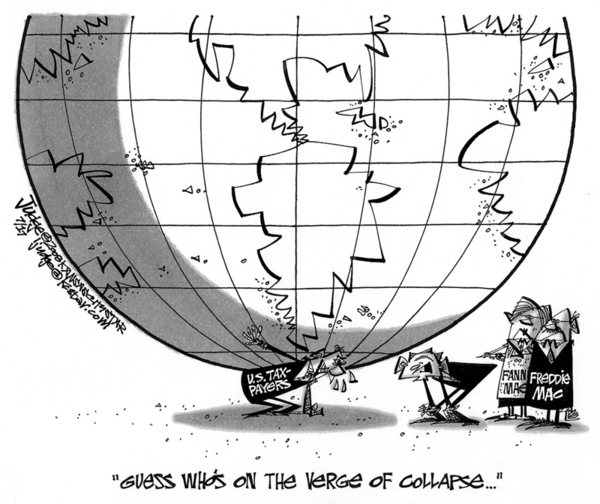I figured we haven’t had a Project Bloodhound post in a while and I can use some advice, so I thought I’d throw it up for discussion. Here’s the scenario first and then, after that, I’ll throw out my questions:
I’ve been asked to give a presentation to the board of Directors for the local board of Realtors next week Tuesday on the state of the mortgage market. The person who asked me is one of the owners of a local real estate firm and he’s been reading my Mortgage Market Week in Review for a long time. Without sounding like I’m patting myself on the back, I would have no problem putting together a 20 to 30 minute presentation on what’s happening in the mortgage market. But Greg Swan has taught me that that’s not good enough.
Using Greg’s analogy, I want to set the bar so high that my competition can’t compete. I want to set the bar so high that all of the members of the board (or at least most of them) go back to their firms and tells their agents that they need to at least talk to that “Vanderwell guy” because he’s where it’s at.
So, here are my questions (for those of you who are real estate agents, especially):
1. If you were going to be at the presentation what would you like to hear?
2. Is there anything that a mortgage lender can say about today’s market that will help you do your job better?
3. What else should I do or attempt to do in the 30 minutes that I’ll have?
4. What should I avoid doing? I’ve already learned (or relearned from Greg and the Gang) that I need to make something like this about the industry and my knowledge of it, not about me or my bank. So, if you were reading this and thinking that, we’re on the same page.
Thank you in advance for being willing to share the collective wisdom of the Bloodhound Gang. I’ll do another post and report back in afterwards as Read more

